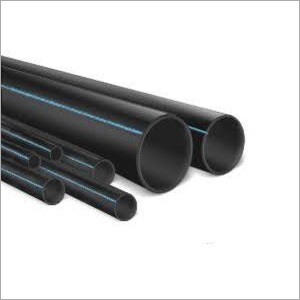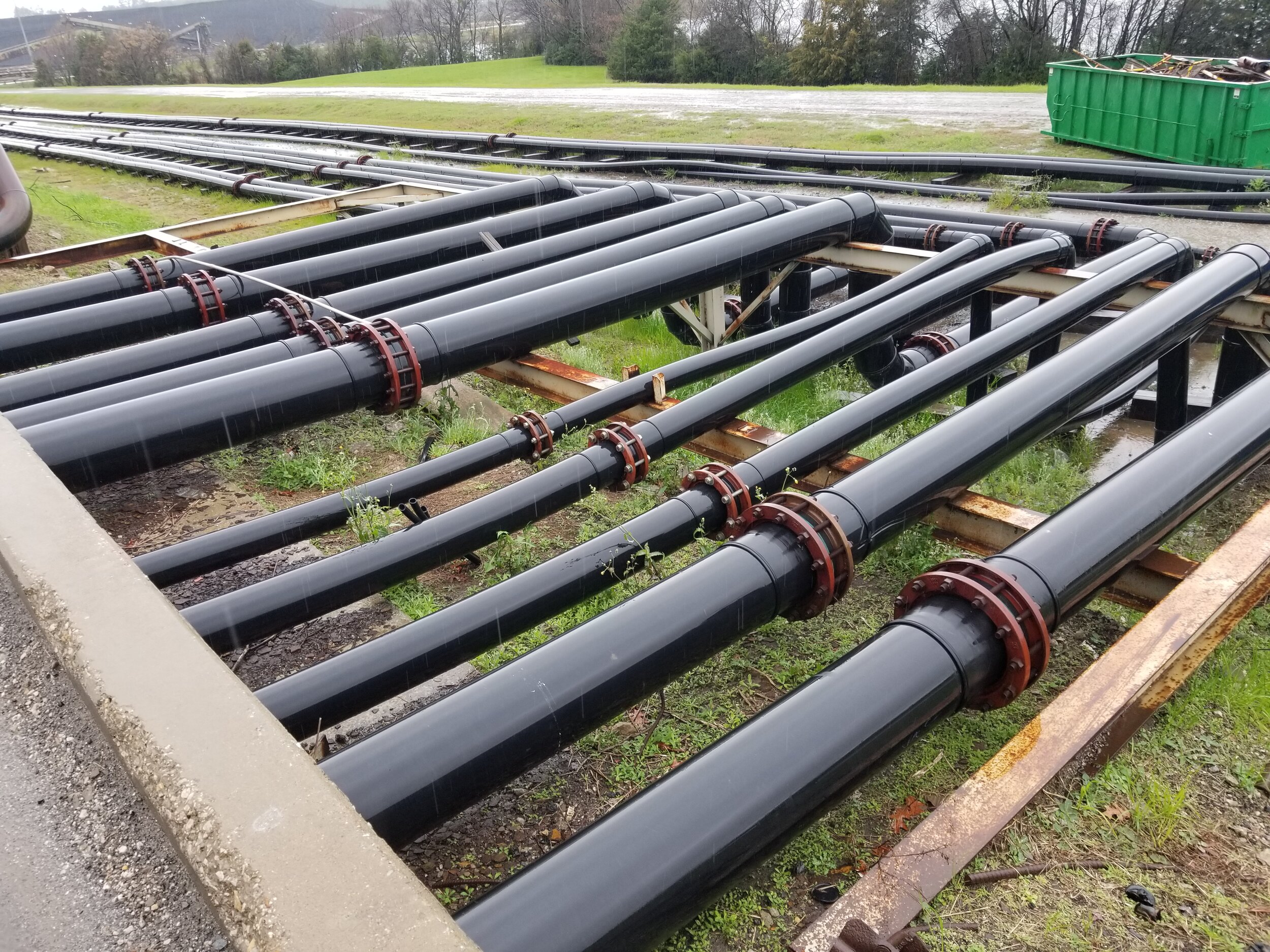Recognizing the Secret Perks of HDPE Pipe for Water and Wastewater Monitoring
The usage of HDPE pipe in water and wastewater management presents countless benefits that warrant factor to consider. Its phenomenal sturdiness and long life expectancy make it a recommended selection for many tasks. Additionally, the product's resistance to rust and chemical damage improves its dependability in various environments. The benefits extend beyond just longevity and resistance. hdpe pipe suppliers Midland TX. Discovering its cost-effectiveness and environmental influence exposes even more compelling reasons for its prevalent adoption in contemporary facilities
Extraordinary Toughness and Long Life

HDPE pipe sticks out for its extraordinary sturdiness and durability, making it a favored choice in water administration systems. Constructed from high-density polyethylene, these pipes can stand up to considerable pressure and stress, making sure dependable efficiency with time. Their durable nature enables them to endure severe ecological problems, including temperature level variations and dirt motions, which can create other products to stop working.
The lifespan of HDPE pipelines commonly exceeds half a century, giving an economical solution for municipalities and industries alike. Furthermore, the material's lightweight residential properties streamline setup, lowering labor expenses and durations. This toughness lessens the need for frequent repairs or replacements, even more enhancing its economic allure.
In water monitoring applications, the integrity of HDPE pipelines implies less disturbances and improved solution connection, making them integral to sustainable facilities development. The combination of toughness and longevity solidifies HDPE's function as a keystone in reliable water administration solutions.

Resistance to Rust and Chemical Damage
While many materials catch corrosion and chemical damages with time, HDPE pipelines exhibit impressive resistance, making them ideal for numerous water management applications. This durability originates from the molecular framework of high-density polyethylene, which is naturally non-reactive and does not wear away like metals or deteriorate from exposure to harsh chemicals. As a result, HDPE is very reliable in atmospheres with aggressive materials, such as wastewater systems that might include acids, bases, and organic solvents.
Additionally, HDPE pipes can withstand environmental aspects such as soil acidity and saline problems, better boosting their suitability for varied applications (Texas hdpe pipe manufacturer). Their ability to keep structural stability over time reduces the threat of leaks and failures, which is crucial in making certain the security and integrity of water circulation and wastewater administration systems. The resistance to corrosion and chemical damages considerably adds to the total performance and longevity of HDPE piping remedies.
Cost-Effectiveness and Financial Advantages
When taking into consideration the monetary implications of water administration systems, the cost-effectiveness of HDPE pipes comes to be apparent. These pipelines provide reduced setup and maintenance costs contrasted to typical materials like steel or concrete. Their light-weight nature streamlines transportation and setup, leading to lowered labor expenses. Furthermore, HDPE pipes display a long life-span, typically exceeding 50 years, which translates to less substitutes and long-term financial savings.
Moreover, the resistance of HDPE to corrosion and chemical damage reduces the requirement for pricey fixings and replacements. The pipelines additionally sustain efficient water circulation, reducing power prices connected with pumping systems. By mitigating leakages and water loss, HDPE pipelines add to significant economic advantages for towns and markets alike. Overall, the preliminary investment in HDPE piping can yield considerable monetary returns over the life-span of the water monitoring system, making it a sensible selection for lasting framework advancement.
Environmental Sustainability and Minimized Influence

Versatility and Adaptability in Installation
Due to their one-of-a-kind buildings, HDPE pipes provide exceptional versatility and versatility in setup, making them suitable for a large range of applications. Their light-weight nature enables less complicated handling and transport, decreasing labor prices and installation time. HDPE pipes can be curved and shaped to fit various surfaces and project requirements, which is specifically valuable in testing atmospheres.
Additionally, their resistance to deterioration and chemical damage allows for setup in diverse settings without the demand for specialized safety finishings. The capability to fuse joints creates a constant, leak-free system, improving the general integrity and reliability of the setup. HDPE's adaptability additionally suits ground movement, decreasing the danger of damages in locations prone to moving dirt. In general, these features make HDPE pipes not only functional but also a recommended choice for water and wastewater management systems.
Regularly Asked Inquiries
Exactly How Does HDPE Pipe Contrast to PVC in Water Administration Applications?
HDPE pipe offers remarkable flexibility, resistance to corrosion, and sturdiness compared to PVC. Its lighter weight promotes easier installment, while its long life-span lowers replacement costs, making HDPE a recommended selection in water administration click here applications.
What Is the Lifespan of HDPE Pipeline Under Normal Conditions?
Under common conditions, HDPE pipelines can have a life-span varying from 50 to 100 years. Their durability and resistance to deterioration add to their long-lasting performance in different applications, making them a trusted option for framework.
Are HDPE Pipes Recyclable After Their Solution Life?
Yes, HDPE pipes are recyclable after their service life. American Plastics HDPE Pipe for Oilfield. They can be refined and repurposed right into brand-new products, greatly reducing environmental impact and promoting sustainability within the market, making them an environment-friendly option for piping services
What Is the Setup Process for HDPE Piping?
The installation procedure for HDPE pipelines involves website preparation, trenching, pipe fusion or mechanical signing up with, backfilling, and stress testing. Appropriate techniques ensure a sturdy and efficient system for transferring water and wastewater properly.
Can HDPE Pipeline Be Made Use Of for Both Drinkable and Non-Potable Water Systems?
Yes, HDPE pipes can be utilized for both drinkable and non-potable water systems. Their convenience, toughness, and resistance to corrosion make them appropriate for various applications, making sure risk-free and effective transportation of water in various contexts.